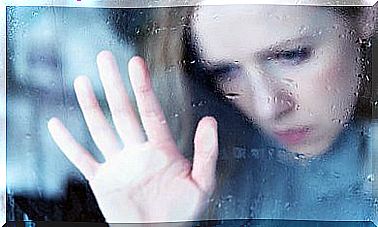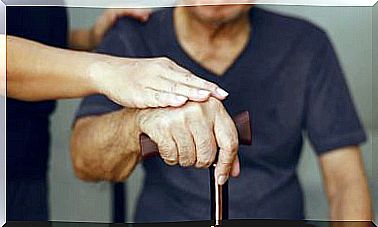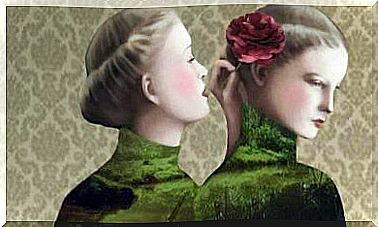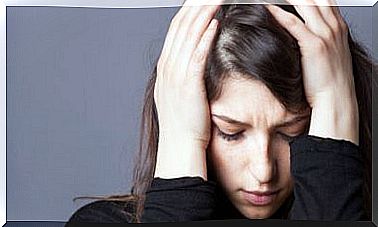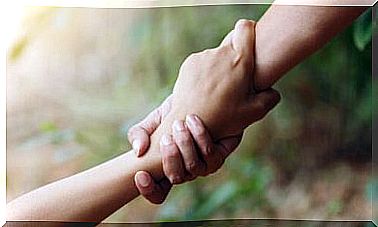The Dobby Effect, Do You Feel Guilty About Everything?
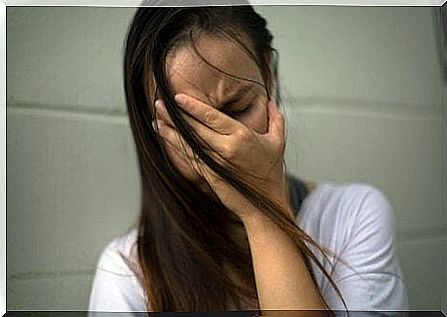
If we know the world of Harry Potter , the name of Dobby will sound familiar . Dobby is a house elf who tends to self-harm when he does not meet his masters’ expectations (or thinks he is not meeting them). This, while trying to be a comical scene, horrifies those around him. Because who would want to hurt themselves? However, this is a reality that many people also live. This is why it has somehow become popular as the Dobby effect.
The Dobby effect is closely related to the way the endearing elf treats himself. Feeling guilty for having done something that goes against our values or that we call “bad” is, to some extent, normal. The problem comes when we constantly punish ourselves because we feel guilty about everything. Here is a much bigger problem. We are taking responsibility too much.
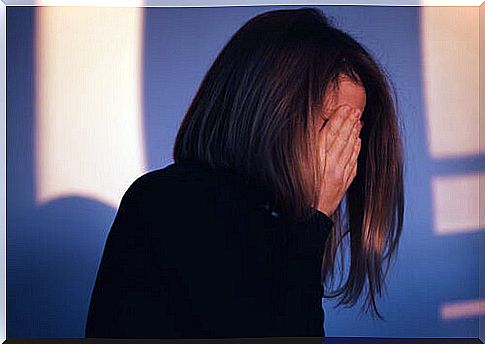
Excess guilt
In the society in which we live there are different reasons why we can feel guilt without having real reasons for it. On many occasions, guilt usually arises because we do not meet the expectations of others or what society expects of us. Let’s see some examples that will allow us to understand this better:
- Being a bad mother : Many women suffer from what is known as postpartum depression. This makes them feel guilty since, in theory, being a mother should correspond to “absolute happiness”. Thus, in the cases in which this expectation is not fulfilled, which are many, guilt may appear.
- Deserve the blows of the partner : battered people often justify the physical damage of their partners due to actions or attitudes that they have had. In this way, they are not able to leave them because they are the ones to blame, as Self- incrimination points out in women who suffer abuse from their partners. Factors involved .
There are many more scenarios in which a person can identify with the Dobby effect. The woman experiencing postpartum depression feeds her by feeling guilty. The person who is abused does the same by justifying the damage he is receiving. In fact, it is a form of indirect self-flagellation. It is not she who hurts herself, she allows someone else to do it for her.
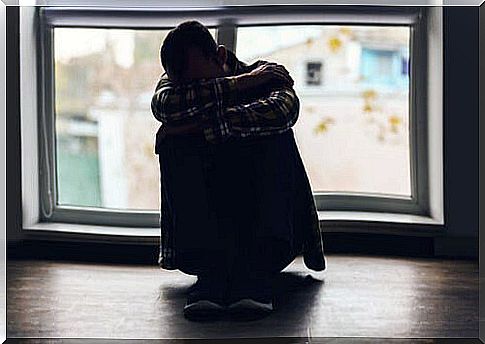
Responsibility in the Dobby effect
Guilt does not have to be harmful. However, it becomes so when it becomes the engine of punishment with no purpose other than experiencing suffering. A guilt that becomes perverse when our assertiveness ends, allowing others to harm us. Dobby was exactly like that.
Sometimes this responsibility that we carry on our shoulders is born in our childhood. Perhaps our parents poured all their frustrations on us. Maybe they told us over and over that we didn’t deserve this or that. All this has been staying in our minds and, as we grow, we learn to anticipate that “you are to blame” or “you did it wrong.” We already take care of whipping ourselves.
Despite all this, you can get out of this Dobby effect. The best way is by doing a job that allows us to improve our self-esteem. Once we manage to improve that concept we have of ourselves, we can begin to be more flexible with our mistakes. But, above all, we will stop expanding our responsibility beyond where it arrives.
If you feel that you are trapped in a kind of cave and the fault is the echo, if you have felt identified with the Dobby effect, do not hesitate and put yourself in the hands of a professional.
Your internal dialogue will improve and the way in which you treat yourself will also improve, thus protecting you against such dangerous phenomena as emotional dependence on people who are willing to satisfy their interests with our most vulnerable side.
